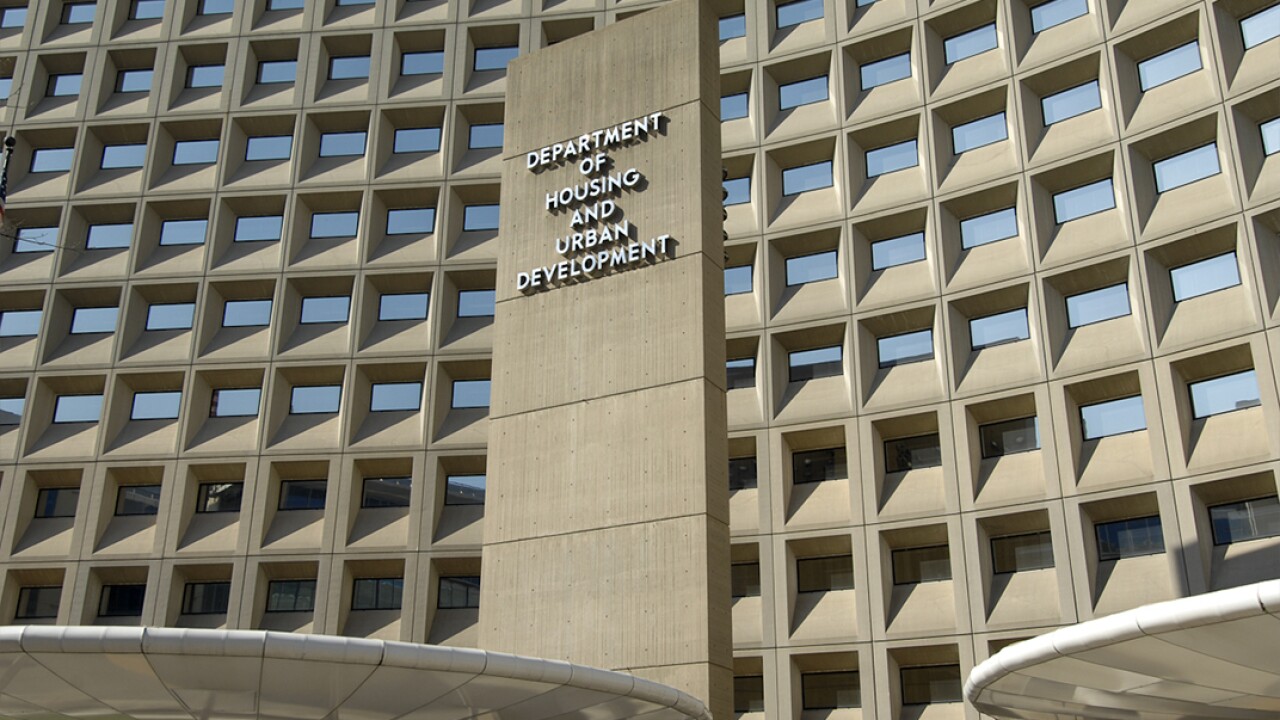Paytm, a major mobile wallet in India with backing from China's Alibaba, is gaining acceptance through restaurants like Domino's and setting the foundation for a larger Alibaba presence in the country.
Domino's, Café Coffee Day and the Indian Railway Catering and Tourism Corporation (IRCTC) plan to accept the Paytm wallet by mid-June. These efforts seem to diverge from India's traditional resistance to e-commerce, which it views as potentially taking away business from local companies. But those concerns are solely global; e-commerce transactions that stay within India are expected to grow sharplywith government encouragementand Alibaba-backed Paytm is in the middle of it.
A recent report from the investment firm Jefferies found staggering payments potential within that intra-India e-commerce space. India's online sales are less than 1% of the country's total retail sales, compared to China where online sales are 10% of overall retail sales,
Against this backdrop, the mobile wallet support offered by Domino's and the others makes a lot of sense.
"We are now foraying into the offline space. We have partnered various QSRs covering 7,000-10,000 outlets in cities like Delhi, Mumbai, Bangalore and Hyderabad," Paytm Vice-President Amit Lakhotia is quoted as saying
In February, Alibaba's finance arm, Ant Financial, purchased one-fourth of the shares of One97 Communications, which owns Paytm. Paytm "expects revenue run rate to more than double to USD 4 billion (Rs 25,417 crore) by year-end from USD 1.5 billion now," the Monitor story said.
Alibaba's efforts to move outside China typically rely on partnerships. The company and its payment affiliate, Alipay, have reportedly been working on collaborations with
Of the new places to accept Paytm, the IRCTC has the most potential payments volume, with Paytm projecting that it will process the purchase of more than 25,000 tickets a day, according to the Monitor. This will get many consumers and business people comfortable with Paytm, leading to easier entries into other segments.
Paytm is also trying to teach merchants about using its system for e-commerce. "Paytm has launched two new applications, a zero-commission sellers app that allows users to transfer money between them and a platform for small and medium-scale enterprises as well as individuals to display their products,"
This is a potentially powerful move, going against the tradition of interchange rates, a constant source of friction between banks and merchants.
The Paytm approach is to truly facilitate transactions, making its money on fund transfers. If one is trying to build a massive network of merchants, this approach seems much stronger than one similar to interchange.
Vijay Shekhar Sharma, CEO of Paytm owner One97 Communications, told India Digital Review that he is targeting 100 million mobile wallets in India by the end of 2015, with an eventual target of 500 million wallets. That's an aggressive target given that the company today has only 66 million wallets, but if this kind of India mobile growth continues, it is quite possible.





